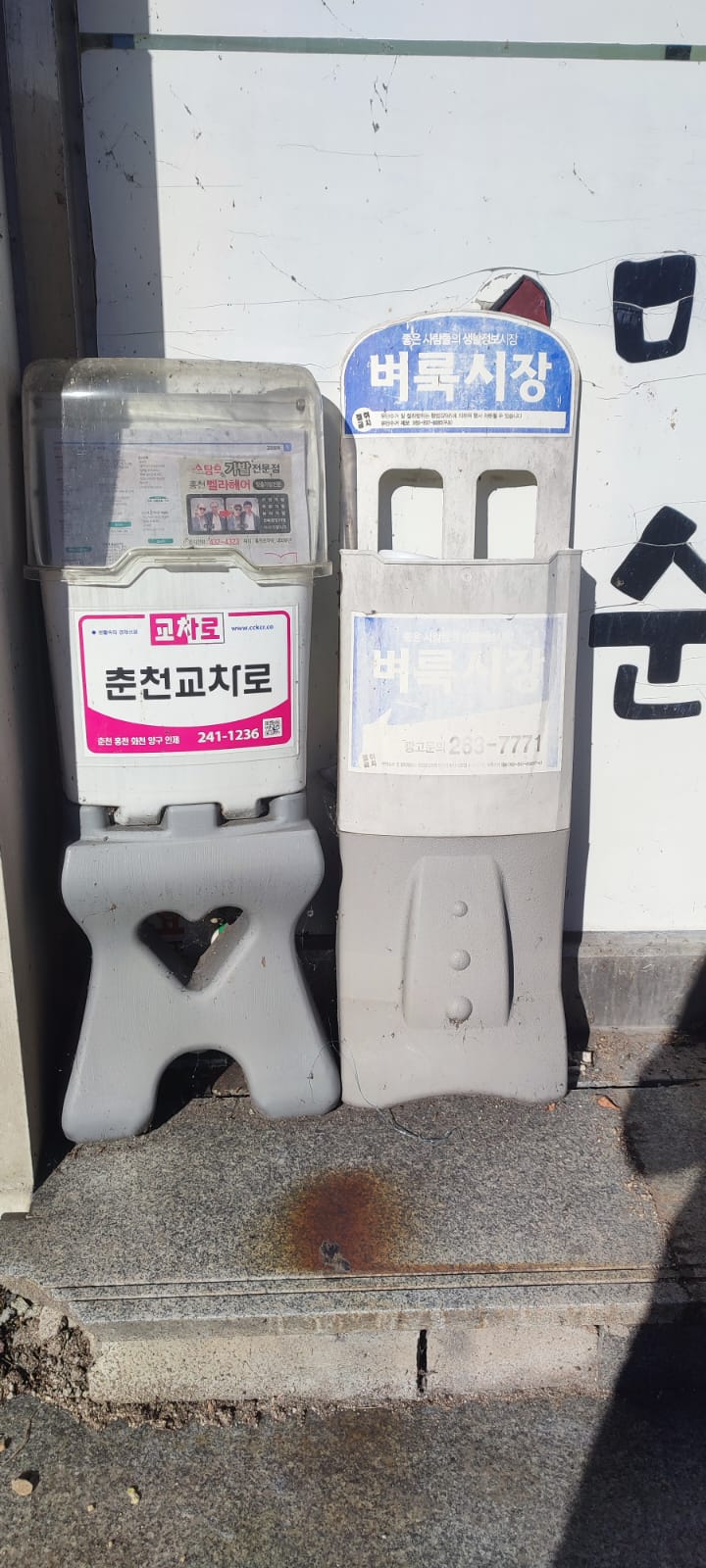South Korea’s Roadside Newspaper culture
페이지 정보

본문

Hello everyone,
In the bustling streets of South Korea, where modern skyscrapers and digital billboards dominate the landscape, a quaint tradition quietly persists. Roadside newspaper stands—simple, unassuming kiosks—offer a glimpse into the country’s enduring appreciation for accessible, community-focused news.
These small stands are fixtures in public spaces, providing locals with free or low-cost access to newspapers and public notices. Often placed near bus stops, markets, or along busy streets, they serve as an important touchpoint for those seeking quick updates on current events or community announcements.
For decades, roadside newspaper stands have been more than just a source of information—they’ve been a lifeline for the community. In the post-Korean War era, these stands played a crucial role in disseminating news to the masses, especially for those who couldn’t afford a subscription or lacked access to radio and television.
Today, they continue to serve a critical role for older generations who may not be comfortable navigating digital news platforms. At these stands, residents can catch up on headlines, job postings, or local advertisements without needing a smartphone or internet access.
As South Korea becomes increasingly digitized, the relevance of roadside newspaper stands is being challenged. Younger generations, accustomed to receiving news through apps and social media, rarely stop to read from these kiosks. Yet, efforts are being made to preserve this unique cultural practice.
Some stands now integrate QR codes that link to digital articles, blending tradition with technology. Others have diversified their offerings, providing space for community bulletins, event posters, or even hyper-local news that larger outlets often overlook.
Local governments and community groups are also exploring ways to fund and maintain these stands, recognizing their role in fostering public access to information and encouraging face-to-face interactions.
While the future of these stands remains uncertain, their value as a bridge between generations cannot be overstated. They represent a physical, communal approach to staying informed in an era dominated by personal screens.
For many, they evoke nostalgia—a reminder of a time when news was shared publicly and discussions unfolded in person, not in the comment sections of online articles.
As South Korea continues its rapid march toward technological advancement, roadside newspaper stands stand as a quiet testament to the country’s ability to preserve its traditions while adapting to the demands of modernity. Whether as a relic or a revitalized community tool, they remain a charming and meaningful part of Korea’s urban landscape.
- PrevFactory Emissions Fueling Air Pollution Crisis in South Korea: A Threat to Health and Environment 24.12.31
- NextLet’s Use Reusable container 24.12.19
댓글목록
There are no registered comments.
